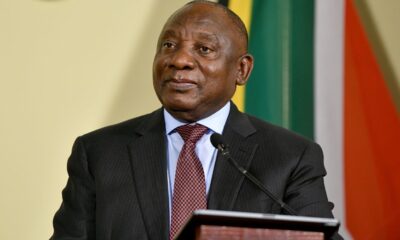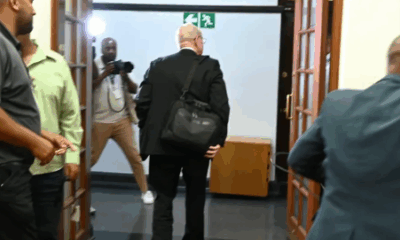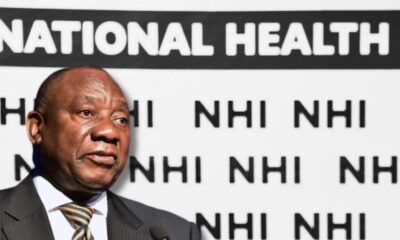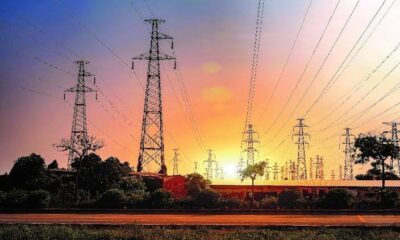News
Ramaphosa to Address NCOP on Service Delivery, Corruption and ICJ Case
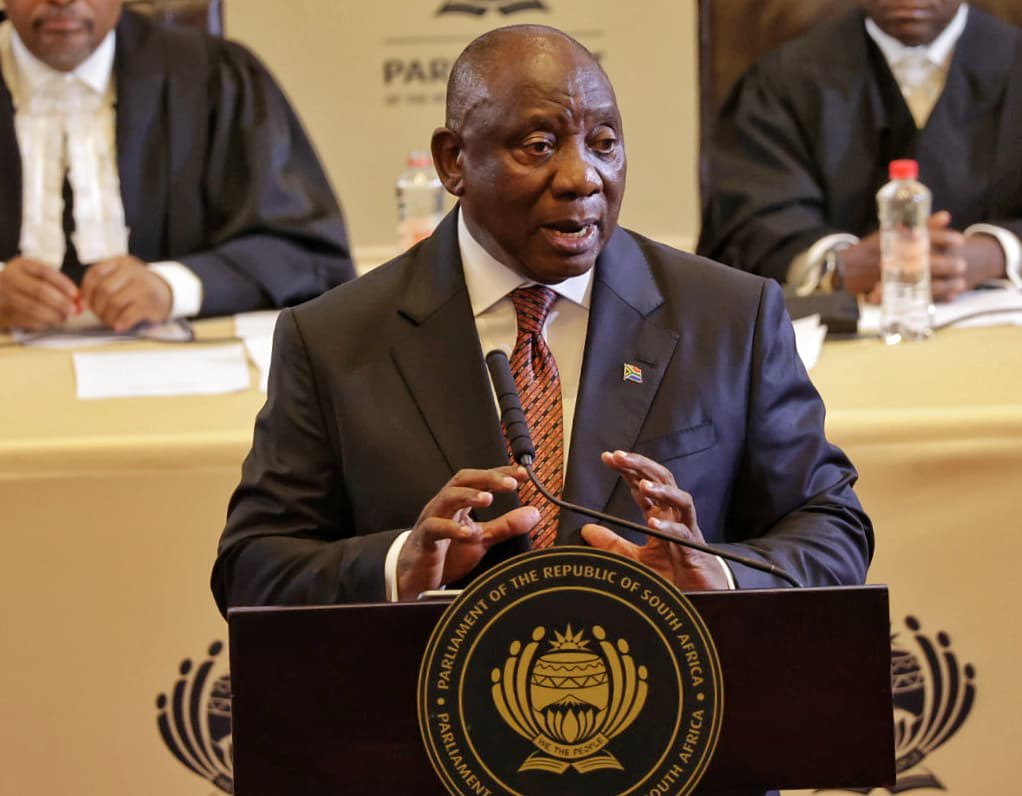
Ramaphosa Heads to NCOP to Face Questions on Service Delivery, Corruption and the ICJ Case
President Cyril Ramaphosa is back in Parliament this afternoon, this time to face the National Council of Provinces (NCOP) on a range of pressing national issues, from failing service delivery and corruption to the International Court of Justice (ICJ) case against Israel.
The Presidency confirmed the appearance on Monday, noting that Ramaphosa will respond to oral questions from delegates representing all nine provinces.
Service Delivery Under Scrutiny
South Africans don’t need a parliamentary briefing to know that service delivery is in crisis water outages, pothole-riddled streets, crumbling municipal infrastructure and ambulance shortages continue to dominate daily life. Ramaphosa is expected to outline how government plans to tighten monitoring across all spheres, but communities across the country have grown weary of speeches without visible improvements.
Local frustration has been evident in voting patterns, with coalition instability and voter apathy telling their own story. Some analysts believe the NCOP session is less about accountability and more about calming political nerves ahead of municipal budget planning early next year.
Corruption and Crime Still in the Spotlight
Presidential spokesperson Vincent Magwenya confirmed that Ramaphosa will also address questions on corruption and criminality two issues that continue to erode public trust. From municipal kickback schemes to national-level procurement scandals, pressure has mounted on government to deliver prosecutions, not promises.
Recent arrests linked to state capture and health sector tender fraud have been framed as signs of progress, but critics argue that convictions remain slow, and whistle-blower protection is still inadequate. Social media reaction ahead of the briefing suggests many citizens want clear timelines rather than another diagnostic overview.
Local Industry Revival: Hope or Political Rehearsal?
Ramaphosa is expected to speak on the revival of local manufacturing and localisation efforts particularly support for the automotive and agricultural sectors. Government has repeatedly punted these industries as job creators, but economists warn that red tape, power instability and logistics backlogs continue to throttle growth.
Magwenya said the president will “outline plans to revive the rail sector,” a move that businesses and unions have both demanded for years. Whether he offers fresh details or repeats existing commitments remains to be seen.
ICJ Case: South Africa’s Diplomatic Voice
One of the most-watched parts of Ramaphosa’s address will be his update on South Africa’s genocide case against Israel at the ICJ. The matter has drawn global attention and divided public opinion at home.
South Africa argues that Israel’s actions in Gaza and the occupied Palestinian territories amount to apartheid and genocide, citing over 52,000 reported deaths and systematic violations of international law. The government has positioned the case as a moral and historical duty rooted in its anti-apartheid legacy.
While many South Africans support the stance, others have raised concerns about diplomatic retaliation, trade implications, and whether government is prioritising international advocacy over domestic crises. Still, public displays, from campus protests to interfaith marches, suggest strong grassroots backing for Palestinian solidarity.
Will the NCOP Get Answers or Just Assurances?
With provincial delegates likely to focus on the state of municipalities and economic stagnation, today’s briefing could test Ramaphosa’s political tone as much as his policy direction. The NCOP format allows for follow-up questions, meaning platitudes may not pass unchallenged.
In the build-up, public commentary has been sharply divided. Some are calling for bold timelines and measurable outcomes on service delivery, while others want the president to admit where government has fallen short. There’s also anticipation around whether he will address cadre deployment debates and the state of anti-corruption bodies.
This afternoon’s session is scheduled in Cape Town, but its impact will be felt most in townships, rural municipalities and urban centers where promises have worn thin.
{Source: IOL}
Follow Joburg ETC on Facebook, Twitter , TikTok and Instagram
For more News in Johannesburg, visit joburgetc.com

